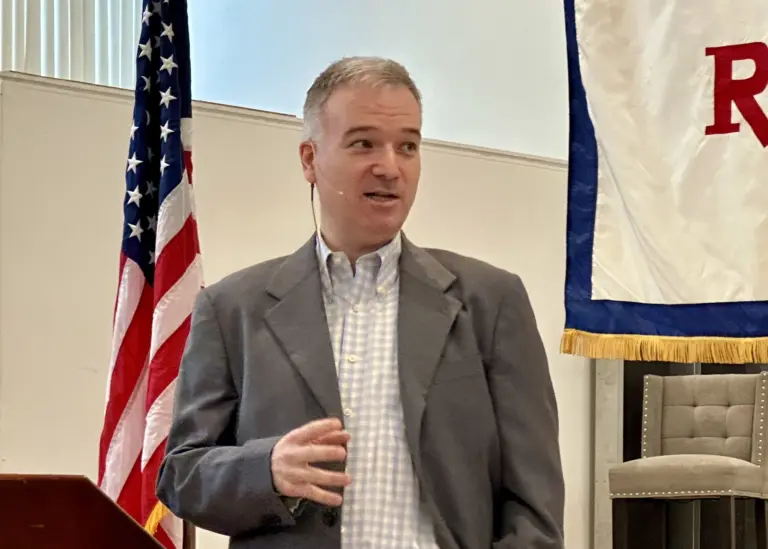
By Mareta Hamre
“Therefore, beloved, while you are waiting for these things, strive to be found at peace . . . .” (2 Peter 3:14)
When I read these words from the Second Letter of Peter, I am particularly struck by the command, “Strive to be found at peace.”
Striving, to me, is not compatible with being found and being at peace.
Striving implies exertion, work, effort, straining for something more. Striving seems to be tied up with caring – a lot – about something. Striving is what produces results, moves our economy, and keeps people going. But, striving also fuels anxiety, fear, self-doubt and resentment. We strive to justify our existence, and when we fall short of that impossible task, we feel the pangs of failure and even despair. Striving is proactive and forward-moving, but when we aren’t clear about the ultimate goal of our striving, we are often led down dangerous paths.
Being found, on the other hand, is passive. Someone else – in this scripture, God – is the one doing the finding. We, the ones being found, are being acted upon. To be found, we don’t really do anything except simply wait and watch.
Being found at peace is doubly contrary to the idea of striving. Take a minute and think about being at peace: How do you visualize yourself being at peace? Being at peace suggests being still, being calm. We often think of being at peace as being care-free: free of caring about things that make us anxious.
So, being at peace seems to be the opposite of striving. That is the struggle we encounter each day. We are striving to be found at peace.
The theologian Craig Barnes captures this conflict when he talks about how we confuse our achievements with our blessings.
Achievements are what we do, what we work for: making a good salary, having an impressive title, winning awards, or being recognized by others as being successful. Achievements are what we work at – what we have to strive for.
Blessings, on the other hand, are gifts. We do not earn them or strive for them. Here are some of the blessings in my life:
• I was born into a family of love and caring, curiosity and wonder.
• I have generally good health.
• My loved ones have generally enjoyed good health.
• I have a trail near my house, which still, even after over a thousand times that I have walked it, is full of new sights and sounds and smells.
• I have clean water to drink and clean air to breathe.
• I have been found by the love of my life.
• I get to listen to my kids and friends tell me stories of what they are doing.
• I did not earn or achieve any of these things. I do not deserve them. They were simply given to me. And, yet, they are more important to me than my achievements.
The thing is, the blessings in our lives don’t bring us the peace we so desperately want if we don’t recognize them and respond to them. Blessings are easy to take for granted because we don’t have to strive for them. We assume that we are entitled to them, and we try to fool ourselves into believing that they will always be there. By failing to recognize them as blessings, we forfeit the greater blessing: the peace that comes when we live our lives in complete awareness of them.
Recognizing our blessings is a discipline. It is a practice that has to be cultivated in order to do it well, but the reward is immense. Recognizing our blessings is the first step away from a life of fear, anxiety and resentment, toward a life of calm, gratitude and peace.
Once we develop the practice of recognizing our blessings, our gratitude compels us not to be care-free, as we might have thought, but to care deeply about the right things. It compels us to care deeply about God’s creation and about others, particularly those who may not have been blessed with what we have. In other words, it compels us to care deeply about what God cares about.
So, we strive not to achieve blessings, but we strive to be fully aware of the blessings that have been given to us freely; and we strive to respond with such overwhelming gratitude that our anxiety, resentments and fears dissolve into generosity, kindness and peacemaking. We strive to be found at peace.
Mareta Hamre is the pastor at the First Church of Round Hill.



